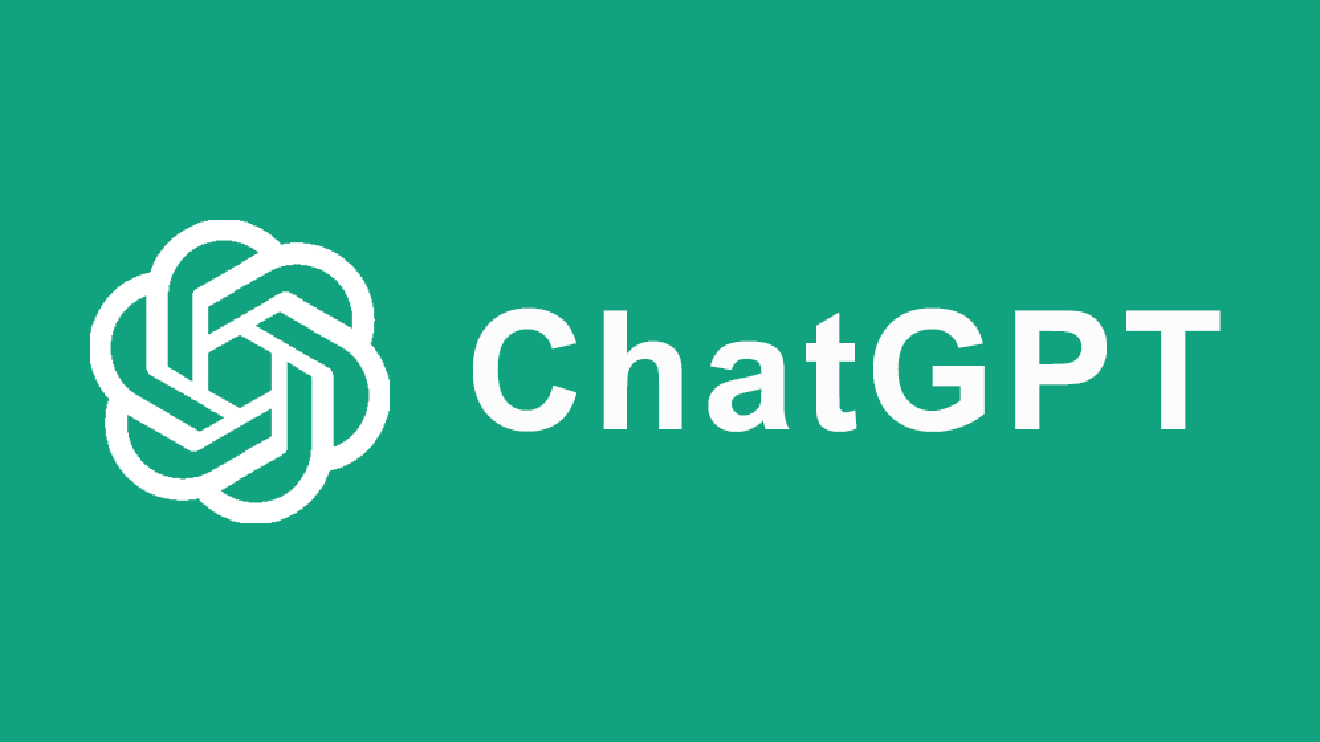We're loading the full news article for you. This includes the article content, images, author information, and related articles.
Analysis shows 42 percent of Kenyans used ChatGPT last month—double the global average—spurring regulation, taxes and debate over AI’s impact on education and business.

NAIROBI, July 26, 2025 — Kenya has emerged as a global leader in ChatGPT adoption, with recent data showing 42.1 percent of connected Kenyans used the AI chatbot in the past month—far exceeding the global average of 22.3% . Semrush ranks Kenya third in global traffic share to ChatGPT at 5.9 percent, trailing only the U.S. and India .
Mobile Internet Growth: Kenya’s expanding mobile broadband and affordable smartphones have made advanced AI tools accessible even in informal urban and rural settings.
Youthful Demographics: With over 75 percent of Kenyans aged between 18 and 30, young digital natives are embracing ChatGPT for creativity, learning, and self-expression .
High English Fluency: Kenya’s education system produces English-fluent graduates, unlocking full access to ChatGPT’s capabilities.
Use in Education and SMEs: Teachers reportedly use ChatGPT to generate lesson plans and learning aids; students leverage it for homework, while MSMEs and freelancers adopt it for content marketing, coding, drafting emails, and customer service optimization .
Statcounter data shows ChatGPT holds nearly 78.8 percent of Kenya’s AI-chatbot market, far surpassing rivals such as Microsoft Copilot (11.5%) and Perplexity (4.6%) .
Kenya’s robust adoption is spawning innovation across education, creative sectors, and startups. With an expanding pool of ICT professionals—over 330,000 trained, supported by targeted policy interventions—the ecosystem is primed for AI-driven entrepreneurship and tech export opportunities .
However, early AI content moderators based in Nairobi reveal hidden challenges—workers reported low pay, psychological trauma from content review, and job precarity, illustrating the darker side of AI scaling .
Accelerated use of ChatGPT and similar tools has reignited discussions in Kenya around:
AI Taxation: Policymakers are exploring whether AI-driven productivity gains—especially in freelancing and gig work—should be taxed or considered taxable income sources.
Regulatory Oversight: Key questions surround data privacy, algorithm transparency, misinformation control, and accountability for AI-generated content, particularly in education and public discourse.
Protection of AI Workers: There’s growing pressure to establish standards for data annotation and content moderation roles—ensuring dignified wages, mental health support, and worker protections.
In response, ongoing conversations are emerging between the Ministry of ICT, the Communications Authority, and the National Assembly to craft AI governance frameworks, digital taxation policies, and labor protections.
|
Factor |
Insight |
|---|---|
|
Usage Share |
42.1 % of Kenyan internet users used ChatGPT last month |
|
Market Position |
~5.9% of global traffic share; ~78.8% market dominance within Kenya |
|
Key Drivers |
High mobile access, youth-led digital fluency, strong English usage |
|
Common Use Cases |
Education, freelancing, content generation, business process support |
|
Emerging Challenges |
Worker welfare in AI moderation, data ethics, oversight gaps |
|
Policy Discussions Active On |
AI taxation, regulation, data protection, labor rights |
Bottom line: Kenya’s status as the world’s top ChatGPT user reflects a potent combination of youthful energy, widespread mobile access, and English literacy. While this surge is fueling innovation and productivity, it also raises urgent questions about how Kenya can build safe, ethical, and inclusive systems to govern and tax AI usage.
Keep the conversation in one place—threads here stay linked to the story and in the forums.
Sign in to start a discussion
Start a conversation about this story and keep it linked here.
Other hot threads
E-sports and Gaming Community in Kenya
Active 9 months ago
The Role of Technology in Modern Agriculture (AgriTech)
Active 9 months ago
Popular Recreational Activities Across Counties
Active 9 months ago
Investing in Youth Sports Development Programs
Active 9 months ago